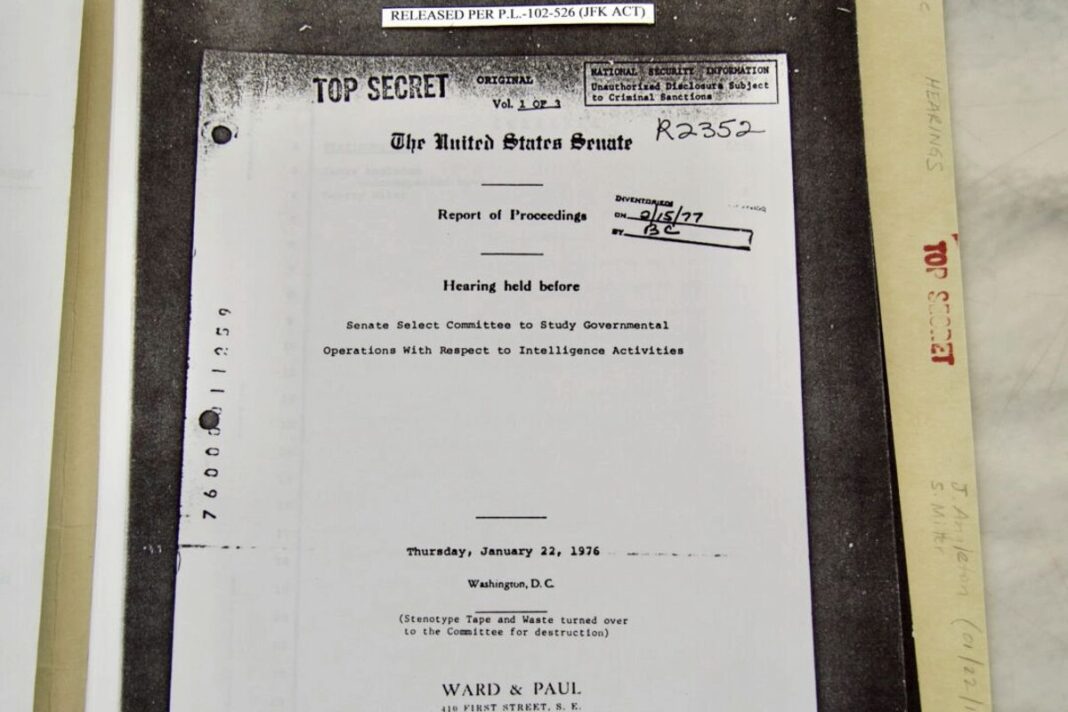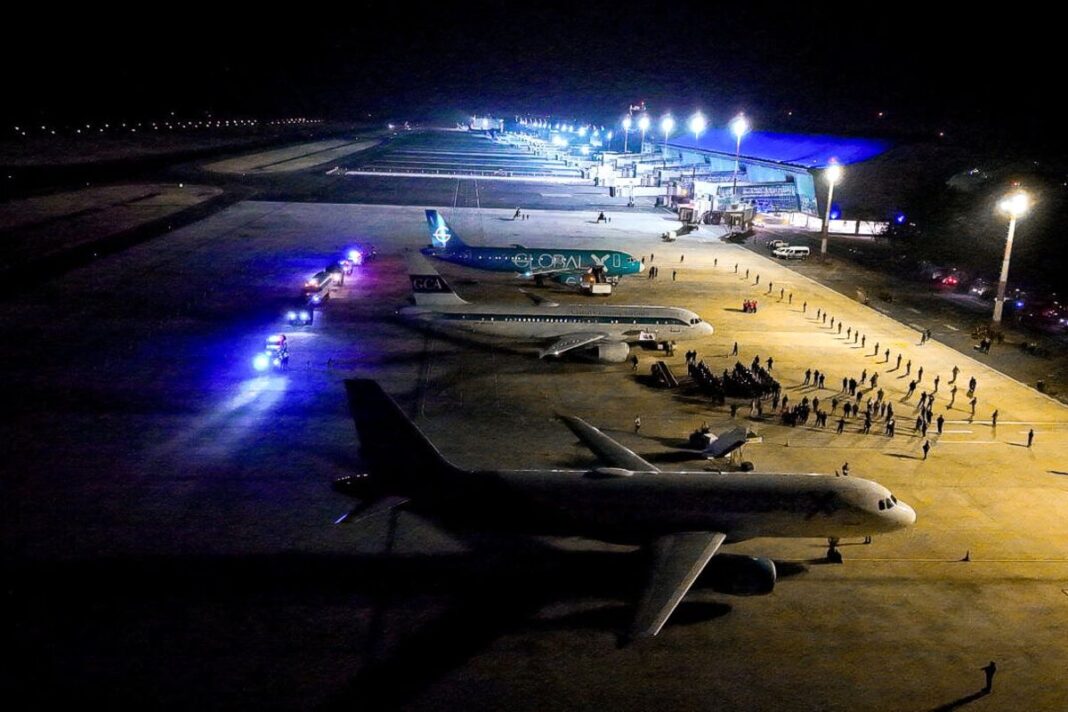U.S. Defense Secretary Pete Hegseth has said that deterrence is necessary in the South China Sea considering the threat from communist China, and emphasized that the United States and the Philippines must stand “shoulder-to-shoulder” to ensure stability in the region.
Hegseth made the Philippines the first stop of his Asia trip on Friday, followed by Japan, a move that Philippine President Ferdinand Marcos Jr. said sent a “strong message” about Washington’s commitment to their alliance.
During their televised meeting, Hegseth told Marcos that President Donald Trump “thinks very fondly of this great country” and expressed a desire to strengthen defense cooperation with the Philippines.
“He and I both want to express the ironclad commitment we have to the Mutual Defense Treaty and to the partnership, economically, militarily,” the Pentagon chief said at the meeting, which was broadcast by the Philippines’ president.
Hegseth affirmed that the United States recognizes the Philippines’ stance on the disputed South China Sea—where the Chinese Communist Party (CCP) claims sovereignty over nearly the entire sea, including reefs and islands that overlap with the exclusive economic zones of neighboring countries—and underscored the need for the two allied nations to work together to deter threats.
“Deterrence is necessary around the world, but specifically in this region, in your country, considering the threats from the communist Chinese and that friends need to stand shoulder-to-shoulder to deter conflict, to ensure that there’s free navigation,” he said.
Hegseth added, “Whether you call it the South China Sea or the West Philippine Sea, we recognize that your country has stand very firm in that location and in defense of your nation.”
In response, Marcos said that his nation has not only viewed the United States as its sole treaty partner, but also “the greatest force for peace in this part of the world.”
The Philippines was a U.S. colony from 1898 to 1946. The two are bound by a 1951 mutual defense treaty, which dictates that the United States and the Philippines will defend each other if either party is under attack.






